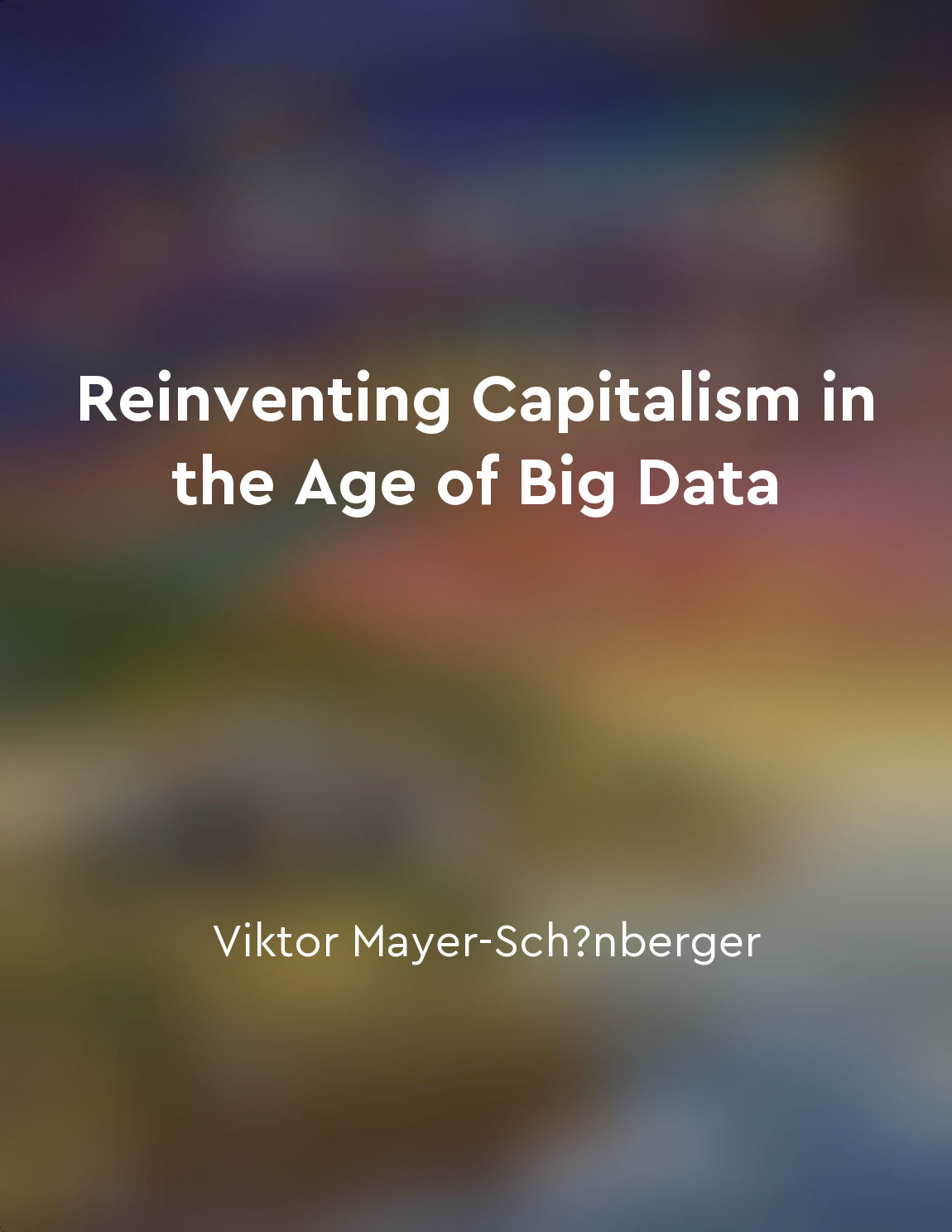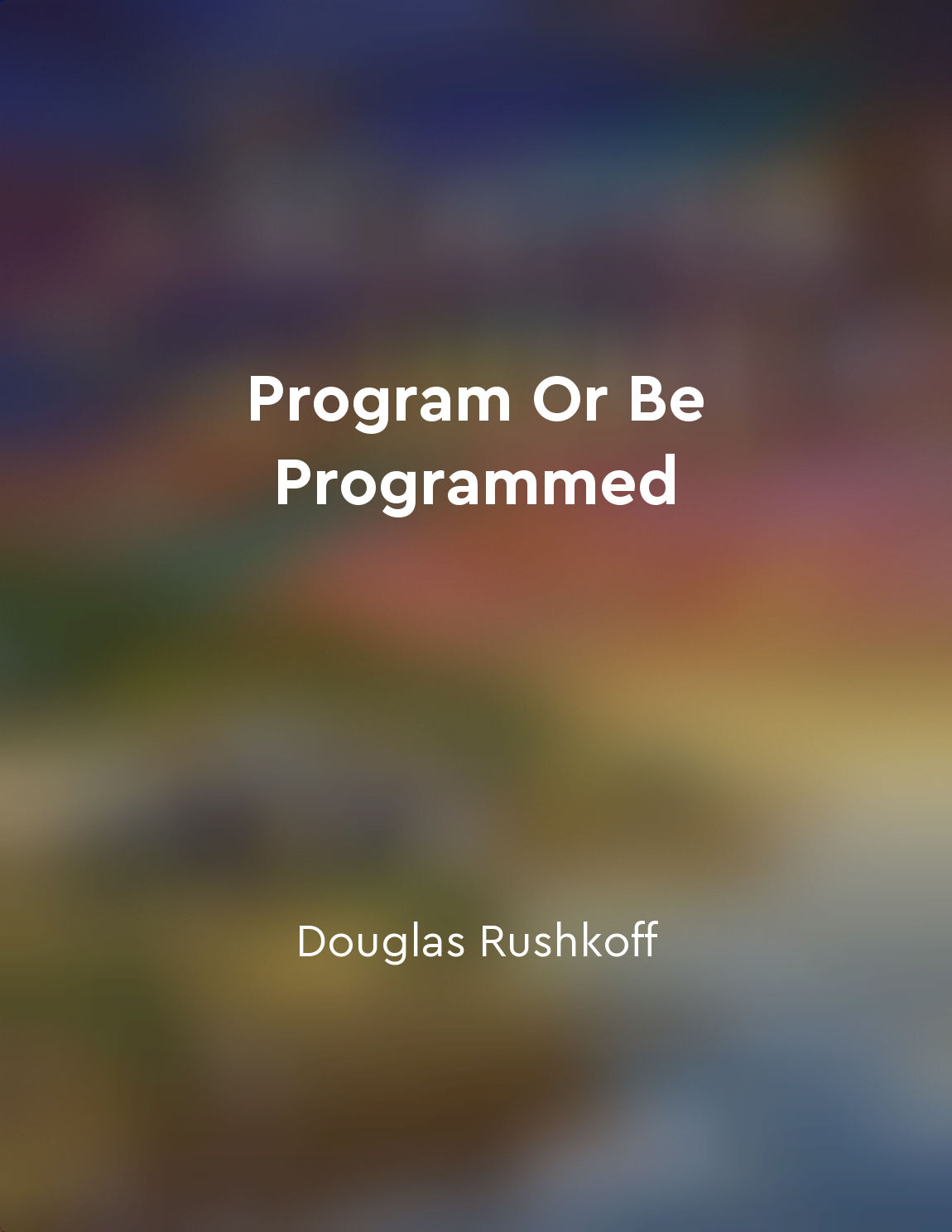The current digital landscape is unsustainable and exploitative from "summary" of Who Owns the Future? by Jaron Lanier
The digital landscape we've built is a precarious one, where a small number of people amass vast fortunes while the rest of us struggle to make ends meet. It's a system that thrives on exploitation, where our personal data is harvested and monetized without our consent. We are the fuel that powers the digital economy, yet we see little to no return on our contributions. The problem lies in the way the system is structured. The algorithms that drive the digital economy are designed to extract value from us, the users, and funnel it to a select few. We are constantly generating data through our online interactions, but instead of being compensated for this valuable resource, we are left with crumbs while the tech giants rake in profits. This model is not sustainable in the long run. As more and more jobs are automated and a...Similar Posts
Cultural differences are reflected in social media use
The ways in which we engage with social media are not just individual habits; they are also shaped by the cultures we belong to...

Decisions can now be based on data rather than intuition
Many organizations have traditionally relied on intuition and gut feeling to make decisions. However, with the advent of big da...
Adaptation to fastpaced change
The ability to adapt to fast-paced change is crucial in the modern world. In today's rapidly evolving technological landscape, ...

We should not passively consume technology but actively engage with it
The imperative to interact with our tools rather than be used by them is more crucial now than ever before. As technology conti...

Embrace programming to understand and shape our digital future
To understand and shape our digital future, it is imperative that we embrace programming. Programming is the language of comput...

Every technology has its own biases and agendas
When we interact with technology, we often assume that it is neutral, that it simply exists to serve us, the users. However, th...
Privacy is under threat in this digital age
In today's digital age, we are constantly generating vast amounts of data as we go about our daily lives. This data, often refe...

Scientific knowledge empowers humanity
Scientific knowledge has been a key factor in empowering humanity throughout history. It has enabled us to understand the world...

Those who contribute to the digital world should be rewarded for their efforts
In the digital age, those who create and contribute to the vast wealth of information online often go unrewarded. This imbalanc...

Social media platforms prioritize engagement over factual accuracy
Social media platforms are designed to keep users engaged and active on their platforms. This means that they prioritize featur...
